In this brief, we highlight why Canada needs a digital identity system, how other countries have made progress in this area and the lessons we can learn from those experiences to build a system in Canada.
Research and publish the best content.
Get Started for FREE
Sign up with Facebook Sign up with X
I don't have a Facebook or a X account
Already have an account: Login
Get weekly or monthly digest of all posts in your inbox: https://fmcs.digital/wim-subscribe
Curated by
Farid Mheir
 Your new post is loading... Your new post is loading...

Martin (Marty) Smith's curator insight,
December 19, 2018 8:15 AM
Meeker is as close to Nostradamus as we are likely to get.

Farid Mheir's comment,
November 6, 2015 6:07 PM
Yes indeed, all good points - but I don't see them as showstoppers but rather as technical constraints, that may ultimately the solution impractical until cloud access maturity is there. But I thought it is a great example of digital transformation, no? ;-)
Ms. Stephens's curator insight,
November 9, 2015 9:41 AM
This could revolutionize travel, but will your information be safe from hackers?
Tracy Harding's comment,
September 1, 2015 9:19 AM
You need to work on formatting of your replies. This is one giant sentence. Remember the requirements. You need a 2-3 sentence summary, at least 1 sentence of IR implications and 1 sentence about your thoughts.

Farid Mheir's comment,
September 1, 2015 9:23 AM
@Tracy Harding: not sure I understand your comment re: formatting. Can you be more specific and email me a screengrab? thank you!
|

Curated by Farid Mheir
Get every post weekly in your inbox by registering here: http://fmcs.digital/newsletter-signup/
|




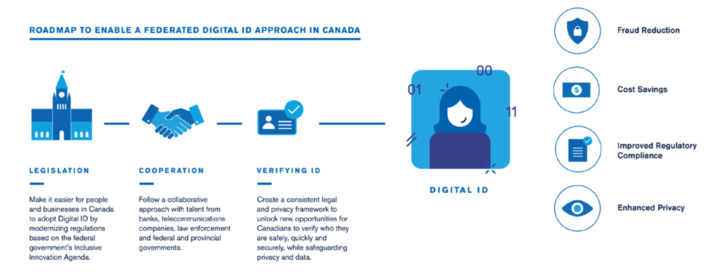



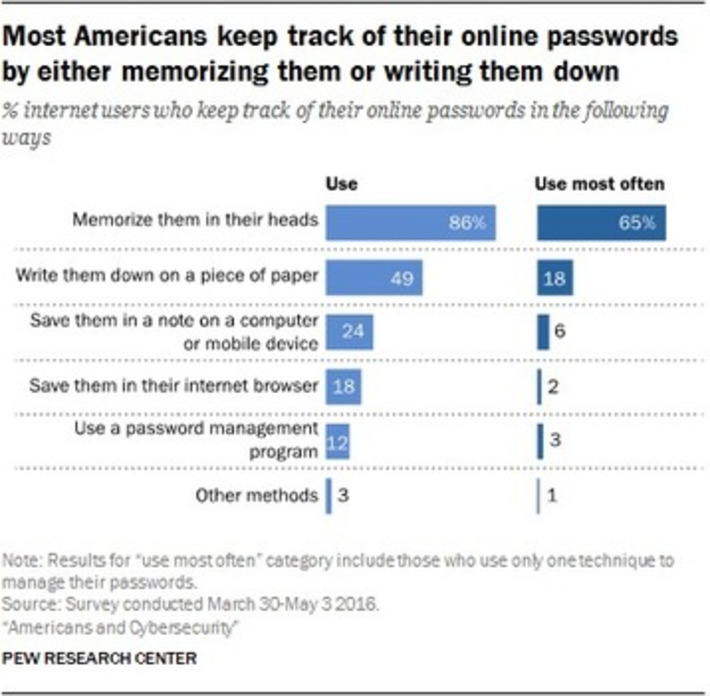

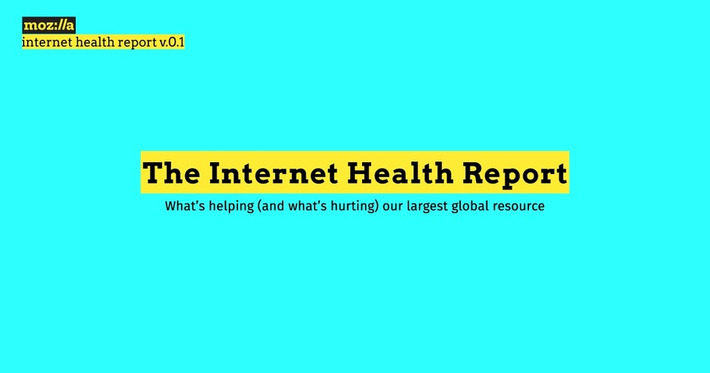
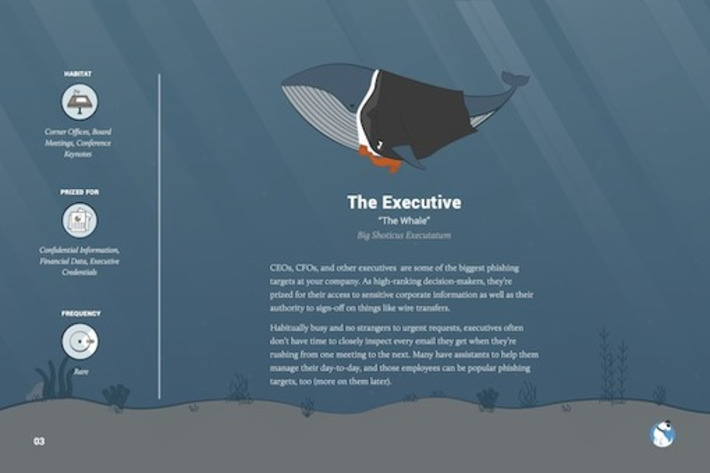

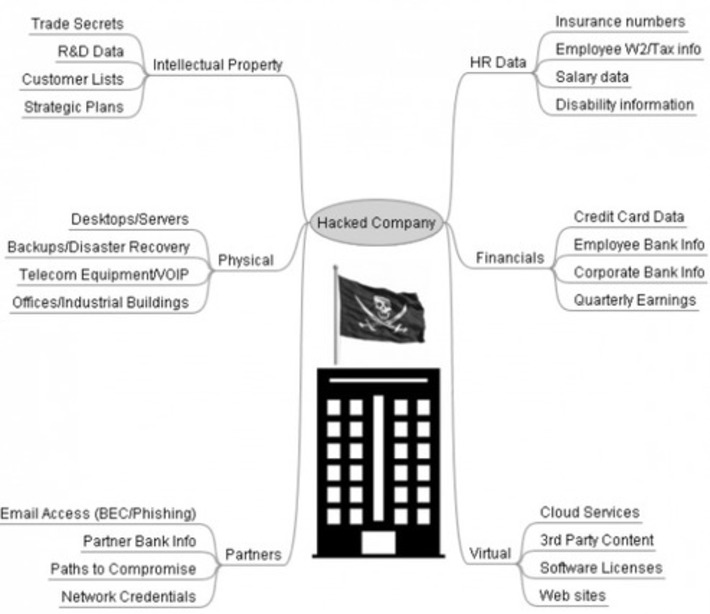
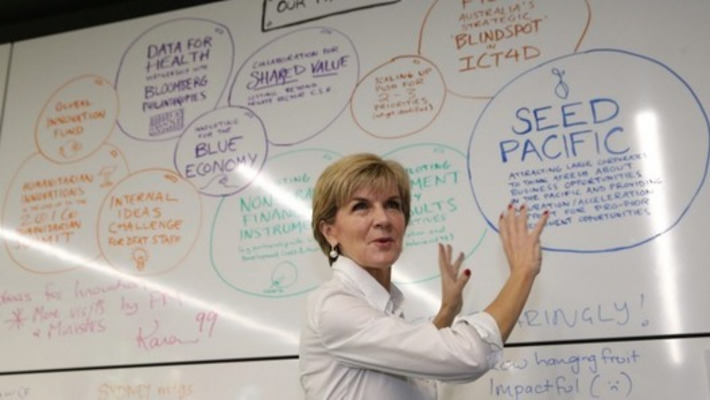

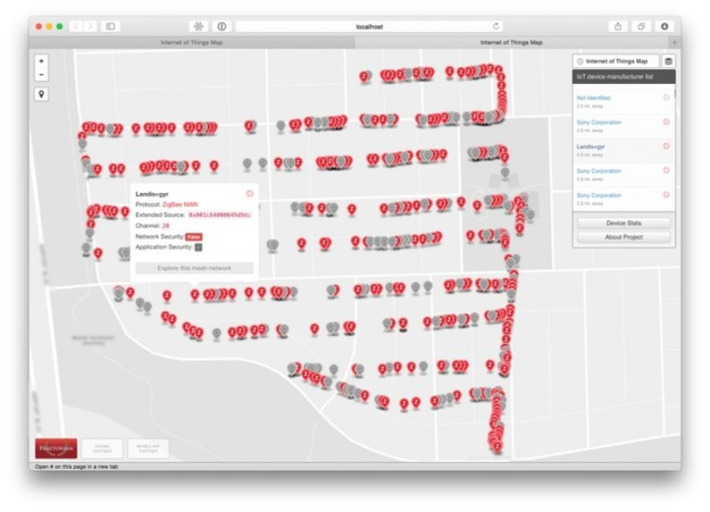








WHY IT MATTERS: digital identification is at the base of the digital pyramid of needs. This white papers details the requirements for a national digital identification system that includes proper government regulations. FINALLY!
For more on the digital pyramid of needs: http://fmcs.digital/blog/pyramid-of-digital-needs/